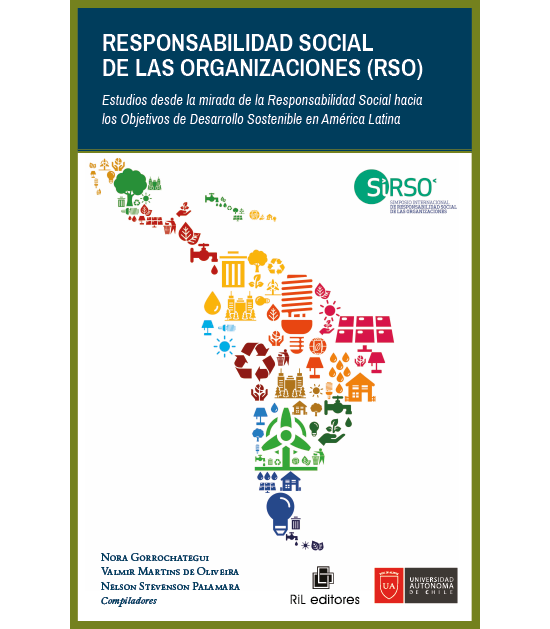Mostrar el registro sencillo del ítem
Retinal protection from LED-backlit screen lights by short wavelength absorption filters
| dc.contributor.author | Sánchez-Ramos, Celia | |
| dc.contributor.author | Bonnin-Arias, Cristina | |
| dc.contributor.author | Blázquez-Sánchez, Vanesa | |
| dc.contributor.author | Aguirre-Vilacoro, Victoria | |
| dc.contributor.author | Cobo, Teresa | |
| dc.contributor.author | García-Suárez, Olivia | |
| dc.contributor.author | Pérez-Carrasco, María Jesús | |
| dc.contributor.author | Alvarez-Peregrina, Cristina | |
| dc.contributor.author | Vega, Jose Antonio | |
| dc.date.accessioned | 2021-11-30T19:43:11Z | |
| dc.date.available | 2021-11-30T19:43:11Z | |
| dc.date.issued | 2021-11 | |
| dc.identifier | 10.3390/cells10113248 | |
| dc.identifier.issn | 20734409 | |
| dc.identifier.uri | https://hdl.handle.net/20.500.12728/9740 | |
| dc.description.abstract | Background: Ocular exposure to intense light or long-time exposure to low-intensity short-wavelength lights may cause eye injury. Excessive levels of blue light induce photochemical damage to the retinal pigment and degeneration of photoreceptors of the outer segments. Currently, people spend a lot of time watching LED screens that emit high proportions of blue light. This study aims to assess the effects of light emitted by LED tablet screens on pigmented rat retinas with and without optical filters. (2) Methods: Commercially available tablets were used for exposure experi-ments on three groups of rats. One was exposed to tablet screens, the other was exposed to the tablet screens with a selective filter and the other was a control group. Structure, gene expression (includ-ing life/death, extracellular matrix degradation, growth factors, and oxidative stress related genes), and immunohistochemistry in the retina were compared among groups. (3) Results: There was a reduction of the thickness of the external nuclear layer and changes in the genes involved in cell survival and death, extracellular matrix turnover, growth factors, inflammation, and oxidative stress, leading decrease in cell density and retinal damage in the first group. Modulation of gene changes was observed when the LED light of screens was modified with an optical filter. (4) Con-clusions: The use of short-wavelength selective filters on the screens contribute to reduce LED light-induced damage in the rat retina. | es_ES |
| dc.language.iso | en | es_ES |
| dc.publisher | MDPI | es_ES |
| dc.subject | LED screen | es_ES |
| dc.subject | Optical filter | es_ES |
| dc.subject | Retinal light injury | es_ES |
| dc.subject | Retinal protection | es_ES |
| dc.title | Retinal protection from LED-backlit screen lights by short wavelength absorption filters | es_ES |
| dc.type | Article | es_ES |


